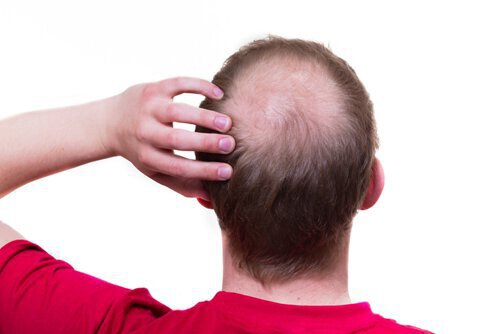
Questions your should ask your hair restoration specialist
Though hair restoration procedures have been around for a number of years, many people are still uncertain how to approach specialists. Because there is so much new information in the area, it is easy for patients to get overwhelmed when trying to make a decision regarding hair restoration. If you are experiencing hair loss and are interested in restoration procedure, there are certain questions you should ask your doctor to make sure you get the best results possible. Take a look below to learn more:
"There are certain questions you should ask your doctor to make sure you get the best results possible."Do I qualify for a hair restoration treatment?
Everyone's scalp is different, and therefore people respond differently to certain procedures. By consulting your hair restoration specialist, you can ensure that you select the treatment that will be most effective for you. For example, if you have few active hair follicles, a scalp micropigmentation procedure may be more effective than a transplant or a FUE. Your specialist can also determine if you are healthy enough for one of these procedures.
What procedure is right for me?
The answer to this question depends on a number of factors. The hair restoration specialist will determine what kind of hair loss you have, whether it is genetic, hormonal or medication-based. This will help the doctor suggest different treatment options like FUT hair restoration or PRP therapy. For some patients, these professionals will advise lifestyle changes that will promote hair growth. For others, hair transplant procedures are the best course of action. Even if you have your heart set on a certain treatment, you still need to consult with your chosen doctor to ensure it is the smartest choice.
What are the side effects of my treatment?
This is an extremely important question. It will help you determine if you are prepared to go through with your chosen procedure. Fortunately, most hair restoration surgeries have little side effects for most patients. Common side effects for FUE and hair transplants include sore scalp, swelling, temporary numbness, itching and inflammation. As with any surgical procedure, there is a risk of infection. Your doctor will be able to outline these risks with you and give you suggestions on how to prevent them. Depending on your selected treatment, you should discuss the potential side effects with your doctor and set clear expectations and recovery timelines.
What do I need to do after the procedure?
Follow up is an important part of every surgical procedure. Always be sure to follow your specialist's post-operation instructions closely. Your doctor may recommend that you sleep with your head elevated for the first few nights after your procedure to prevent swelling. He or she will likely also tell you to keep the scalp clean and protected from the sun. As for washing and hair cuts, every case will vary so it is important to discuss with your restoration specialist. However, most people are able to shampoo their hair normally after the first week following the procedure. Avoid getting any kind of hair cut for at least three weeks to ensure that your newly transplanted hair was able to take root and heal properly.
If you decide that a hair transplant or other procedure is right for you, it is important to involve your hair restoration specialist on the planning and final decision. His or her expertise can help you make the best decision possible and help you get the results you want. Additionally, by knowing which questions to ask, you can go into the procedure feeling confident and informed.
Visit our Long Island hair restoration clinic today for more information on hair transplant procedures and hair health tips. You can also schedule a consultation and begin your journey to a full head of hair.